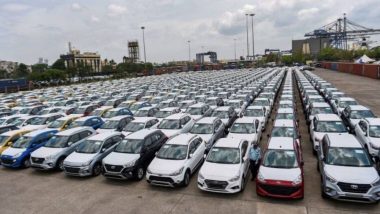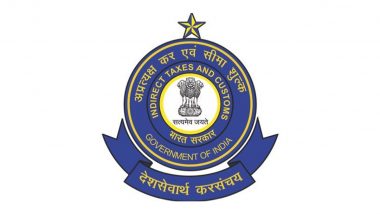New Delhi, Sep 4: The Indian auto industry is facing one of the toughest times in history and needs government support through reduction of GST and incentive-based scrappage policy, Maruti Suzuki India Managing Director and CEO Kenichi Ayukawa said on Friday.
Ayukawa, who is the president-elect of auto industry body SIAM, said the
What is your reaction to Karenjit Kaur: The Untold Story of Sunny Leone?
As the global health crisis broke out, he said, the auto industry in India also played its part by getting into manufacturing of ventilators, Personal Protective Equipment (PPEs) and importing testing kits from abroad to fight the virus although sales have been hit hard.
"In August we can say we just came back on our feet to achieve performance comparable to last year. Also last year is not a good comparison as the industry saw negative growth of 15-25 per cent. This negative growth has set back the industry by many years," Ayukawa said at the 60th annual convention of Society of Indian Automobile Manufacturers (SIAM) conducted online.
Reiterating the long pending demand of the auto industry to reduce Goods and Services Tax (GST) on automobiles by 10 per cent, Ayukawa said, "we are facing one of the toughest times in history. The industry needs your support".
"We are eagerly waiting for GST reduction and scrappage incentive scheme. We believe that taxes on the increasing turnover will be more than the government expenditure on the scrappage scheme and GST reduction," he said.
He thanked heavy industries minister Prakash Javadekar, who assured the gathering that he will take up the matter of GST reduction with Prime Minister Narendra Modi and Finance Minister Nirmala Sitharaman.
Ayukawa also said the growth witnessed in the last couple of months is on a very low base of last year and "we are also not sure whether this is sustainable in future" while festival demand is very important.
"So, at some point of time we definitely need some support from the government," he said, adding the industry is waiting for a government decision to encourage demand.
Ayukawa said maximising production and increasing sales volumes of the auto industry can help in generating tax revenue, which the government can put to use for funding welfare initiatives.
In the next two years, he said the Indian auto sector will focus on "building the nation responsibly, through sound development of the industry".
Sound development of industry would mean increase in production and sales volumes, exports, more localisation of parts, including electric vehicle components and make India self-reliant or Atmanirbhar Bharat.













 Quickly
Quickly




















